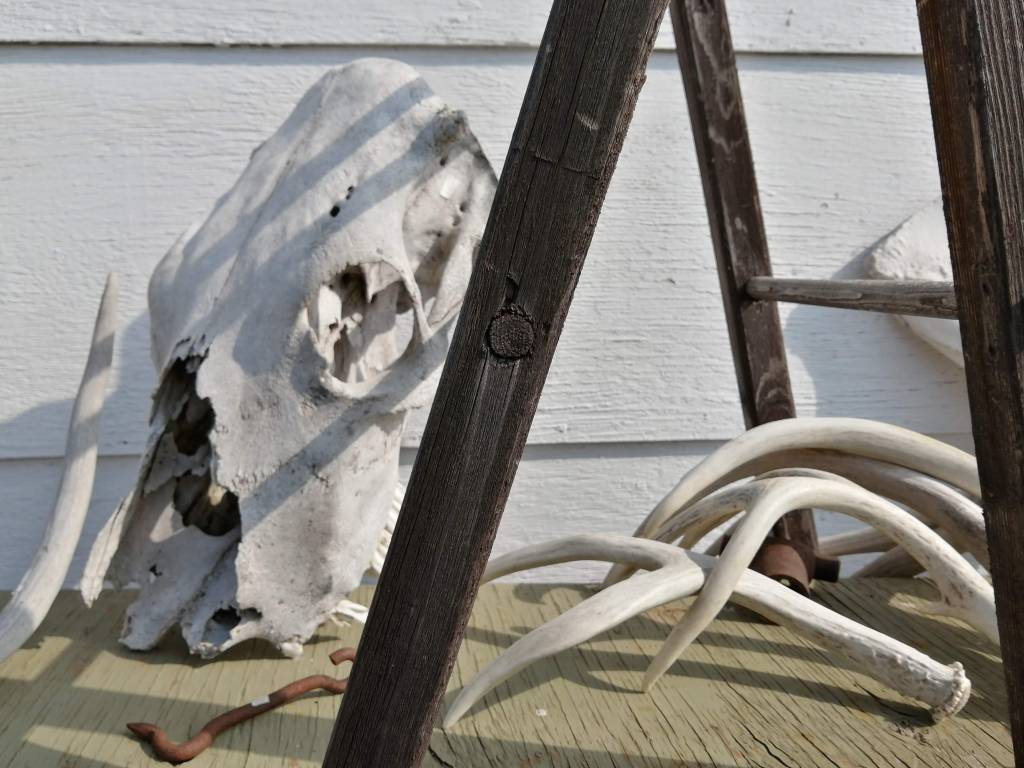It’s a real shame that the weird and disturbing backlash against Susan Haley’s review of Emily Riddle’s The Big Melt in The Fiddlehead has made a lot of potential reviewers feel a certain fear (as recently evidenced by a Facebook thread on the issue of review writing). Of being a “white” person writing a review of an Indigenous book; of daring to compose an honest and well-thought out appraisal of any poet’s work even, one that might include such valid acknowledgements as the fact that some sections could “lack in poetic complexity” or the “thematic unity seems a gimmick” or “a glossary or a few footnotes would have been helpful” (this amid much praise including “amazing,” “true and developing,” and noting how “the best poems” draw on new cultural tools). I also reviewed this book and while I took an alternate tone and approach, my feelings regarding the text’s strengths and weaknesses were similar. However, while my review was generally enjoyed or ignored (likely as it’s on my blog not a publicly-funded periodical), Haley was called all manner of names, including “racist,” and several members on the editorial board were canned for allowing this perfectly reasonable review to pass the censors. Even more shockingly, this is a first book and in no way, shape or form should any beginning author have the sway to pull the plug on a review of their work that was balanced and offering one intelligent perspective. If it was full of hate and derision obviously. But it wasn’t. And reputations have been ruined as a result. And the ripples of anxiety have continued. Can we write a “review” of a book that isn’t 100 percent gush? And especially if the author happens to be Indigenous (or any other liminalized group)? Isn’t being a true and respectful critic an honour to the work? And to art in general?

I begin with these thoughts because I’m about to review Dallas Hunt’s compelling but obviously imperfect (because everything is) book of poems called Teeth. Remember, I am reviewing a book of poems, not a person, not a culture, not an identity, except as it is conveyed within the work. The cover is fantastic, a corn husk jawbone against a black background, and the title evokes feelings of instant paranoia and nervousness, but also fierceness and grit. The opening poem (all are in lower case except titles), a long, skinny exploration of differing cultural notions of wilderness, hunting, and ritual, is super powerful. It veers between a survivalist program called “alone” where ray, a participant, expresses complex reactions to the killing of a squirrel for food (“i betrayed his trust”), the prior noting of a dead ankwacas (by the way, the melding of Cree names within their contexts is both smooth AND there is a glossary) as a friend thinks because the speaker is “cree” that he “will have/a prayer nested/in [his] pocket,/tobacco at the/ready” and the close where a description of how to skin a squirrel so you can make grease is inserted unsentimentally (“pull/steadily and slowly/until the skin has/worked itself over/the front legs/and head“). The intensity continues with pieces such as the litany “notes on grief” in sharp triplets that all begin with “grief is,” the brutal “169 anomalies” that interrogates the existence of unmarked graves amid the haunting of nuns who “used to break rulers” on his father’s hands, and Kaskitew Maskwa about a bear that chased his father while he was working for the “resource extraction industry,” leading him to break his leg, a source of both pain and anxiety. Yet Hunt still speaks for the entire picture where the maskwa has also “witnessed a world” falling apart around it, and is a creature starving due to the decimation of its land. Then in another part of the frame, there’s the piece, “There’s a poem for everyone” with its brave and problematizing acknowledgement: “i’m tired of indian poems” that asks us to “just imagine!” what a literary community, or a society would be like where Indigenous problems didn’t all have to lead back instantly to colonialism but existed just because “some of our relations are difficult” and where the imperative to be considered a true member of one’s Indigeneity didn’t require one to constantly write about “trauma and moose meat and berries.” Gutsy stuff. And humour too in poems like Wrinkles (“I just want to age/so i can find peace”), or Scratch Tickets with its exclamatory statements about black shoes that “clomp too loudly” and the giant outburst of delicate tenderness at the end: “we could be undone!” Yes, lots of tenderness. Poems such as Maskosiy with that anaphora of “i wanted” again starting each triad of lines that aim to encompass planetary care (“i wanted to house geese” but also “i wanted teeth that were a map of the world”) or A Sun after Sleeping where the teeth haunting unfolds in terrible yellow and fragments but also refuses to be broken, insisting that “brain cells reach/out for connections…let’s find our own suns.” Or Cruel Momentum where the speaker orders “bury me with my/plants,” accepting the eternal vulnerability in the truth that “sometimes love feels like finding another person to miss.” Occasionally, the poems seem a tad too slight, contain trite statements (“love saves/and destroys us”) or fall into excessive rhetoric (truly I comprehend the need to say such things but reading a piece that begins with the word “cathexis” and then continues with a sentence like: “it points to the perversity of a societal/structure and its attendant social relations, or the relations embedded /therein” is a snooze). But those moments are brief and I’ll be lingering on the notion that ends the book for a long time. Listen to this! Hunt concludes: “love names the ruin.” Pow. Bam. That truly was a necessary bite from a set of lyrically-honed incisors.